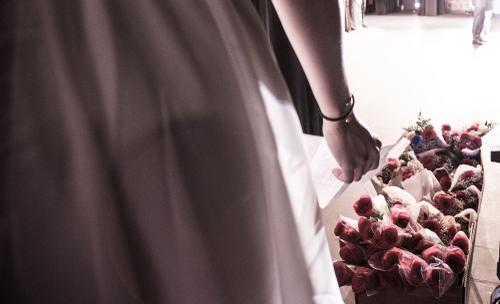
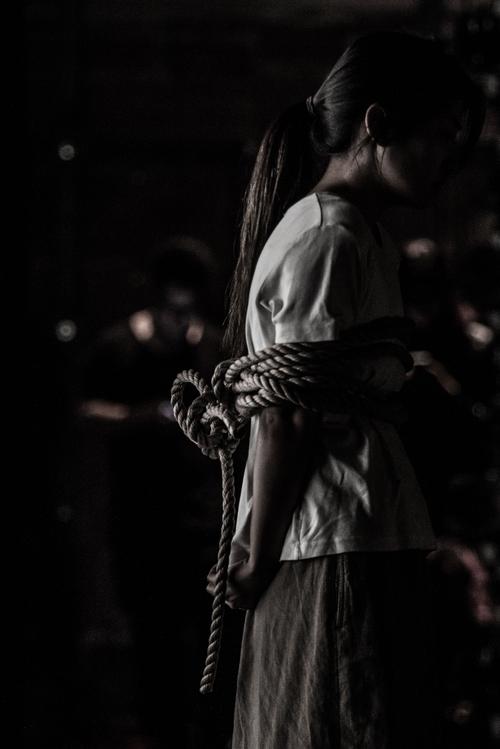
On April 7, a sold-out crowd gathered at Royce Hall to watch the production of the 25th annual Korean Culture Night, entitled “When You Kill a Butterfly.” More than 130 students behind the production were tasked with a yearlong process of writing scripts, casting, making props, choreographing and rehearsing, which culminated in a three-hour show telling the story of “comfort women” – Korean women who were sexually enslaved by the Japanese army during World War II.
Each year, KCN aims to share an aspect of Korean culture with the UCLA community. Similar to other cultural showcases on campus, KCN brings together members of the Korean community while also inspiring students from other cultures to participate.
In previous years, KCN has told universal stories on topics such as familyhood and generational differences. The topic of comfort women proved to be one that was much more emotionally and politically charged.
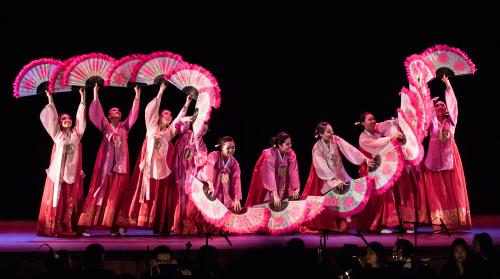
In December, the Japanese government agreed to an $8.3 million settlement to surviving comfort women. The controversial issue of comfort women has put additional political strain not only on those involved, but also on the two cultures as a whole. As a result, this year’s show was challenging to produce – many people did not want to engage in the polarization that came with supporting the show.
“Even during cast auditions, people didn’t show up for the second round because people started catching on that it was about comfort women,” said Eddie Kang, assistant producer of KCN and a third-year mathematics student.
With auditions that usually draw 70 to 80 applicants each year, KCN found that many students who were at first interested in performing for the show backed out. Even members of the executive staff faced concerns from family and friends regarding their participation in the show.
“When I told my parents that I was writing a show about comfort women, my mom was super against it,” said Eric Lim, executive producer of KCN and a fourth-year economics student. “(Activists) get death threats back home, and there have been instances where they are not allowed to enter Japan, so it’s like, ‘Why do I do this when I could just make a show about a rom-com?’”
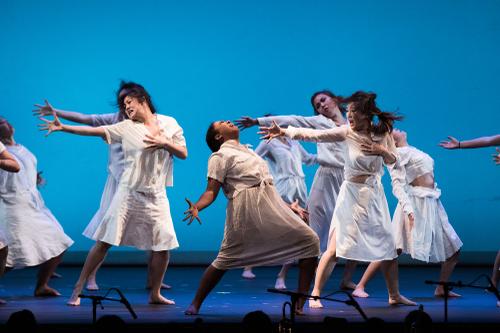
KCN is a completely crowd-sponsored production and the topic drove away sponsors who had consistently donated in years past.
“If we do something like this, some sponsors don’t like to get involved,” Lim said. “We have to think not only about the artistic end, which is directly outputted onto the stage, but we also have to think about everything that is required to form this show.”
Lim, a three-year veteran of KCN, said he believed that presenting a production that moved away from the lighthearted mood of previous showcases was culturally important.
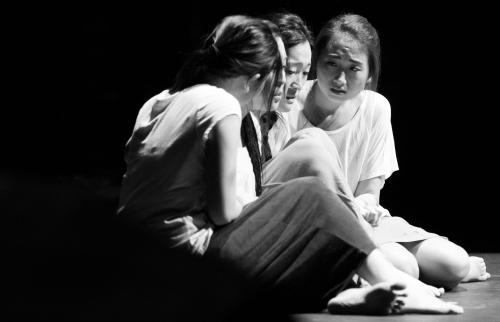
“When we are here talking about heritage and history as Korean people, you have to take the good and the bad,” Lim said. “Too often do we focus on the lighter and good part, but in reality, the opposite makes up just as much or even more.”
For Joshua Kang, director of KCN and a fourth-year political science and economics student, the cultural significance and need to educate the UCLA community about the story of comfort women outweighed many other factors.
“This is a big, big part of our culture that has been hidden under the rug,” Kang said. “It’s like a scar that you have on your body – you don’t want to show to people, so you cover it up, right? And that’s what this was.”

With only about 40 surviving comfort women left, timeliness also dictated the executive staff’s final decision. The drive to tell the story of comfort women was fueled by the staff’s increasing desire to keep the issue from fading away.
Even weeks after the show, “When You Kill a Butterfly” faced continuous discussion and criticism over social media. Though at first taken aback and offended, KCN’s executive staff members soon realized another take on the brewing conversation.
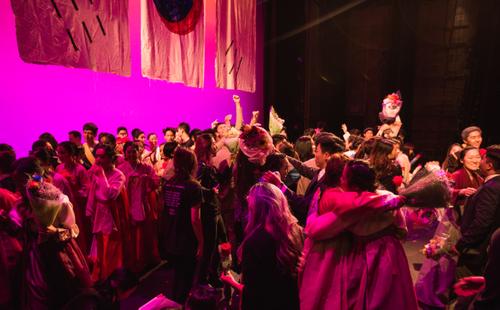
“That’s when we knew we had made an impact. They were talking about ... the issue of comfort women,” Lim said. “We realized that people were curious about the theme, and that was our goal from the beginning of the year: to educate.”
